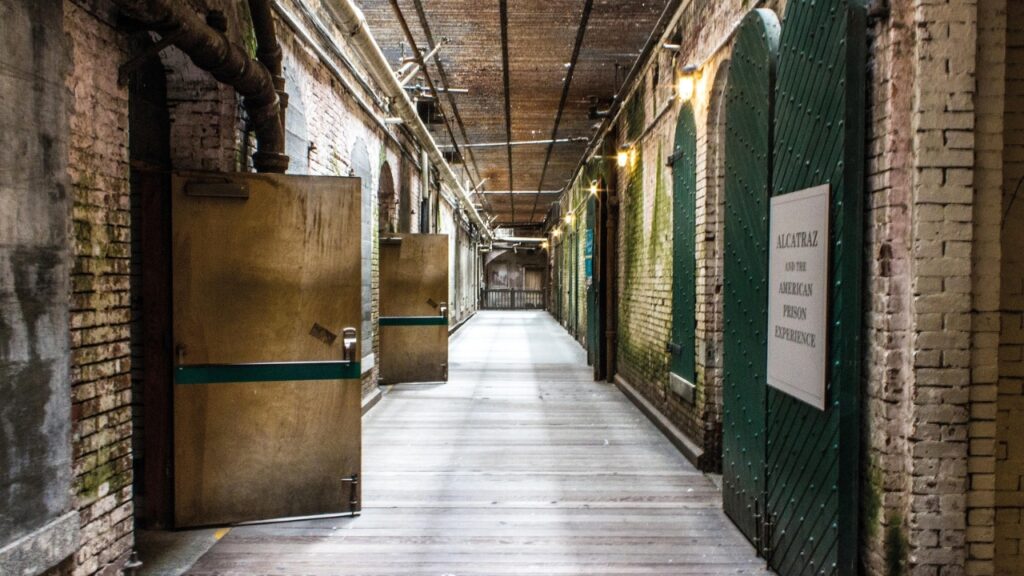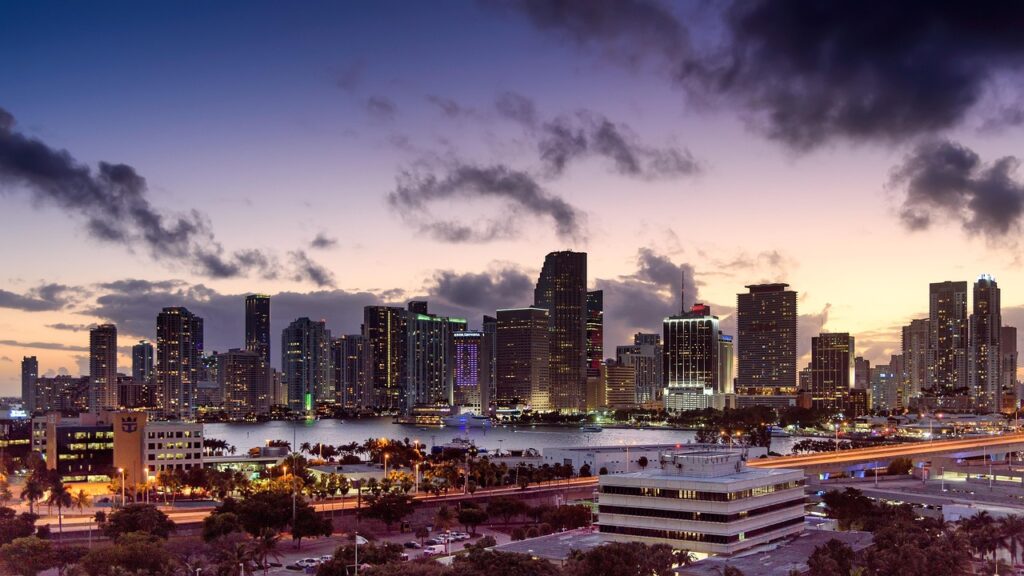We may earn money or products from the companies mentioned in this post. This means if you click on the link and purchase the item, I will receive a small commission at no extra cost to you … you’re just helping re-supply our family’s travel fund.

Travel is about discovery, joy, and unforgettable moments, but recent events in Florida have cast a shadow, particularly after Mexico issued an urgent travel warning. The detention of two Mexican tourists, Carlos and Óscar González, following a routine traffic stop has highlighted a stark reality: even with valid visas, visitors can face unexpected and severe consequences. As you plan your sun-drenched escape to the Sunshine State, understanding potential pitfalls is now as crucial as packing your sunscreen. Be informed, be prepared, and safeguard your freedom while exploring Florida’s vibrant shores.
1. The Unexpected Power of a Routine Traffic Stop

You might assume a traffic infraction is a simple ticket, but for non-citizens in Florida, it can escalate dramatically. As seen with the González brothers, something as minor as tinted windows or lacking immediate vehicle registration can lead to an arrest, even if you possess a valid tourist visa. Local law enforcement in Florida is increasingly deputized to act on immigration matters, turning a minor stop into a serious federal issue. This means a seemingly small oversight could suddenly lead to detention, making meticulous preparation essential.
2. “Alligator Alcatraz”: Conditions Behind the Gates

If detained, you could find yourself in a facility like “Alligator Alcatraz,” officially known as the Krome Service Processing Center or a similar site. Reports from detainees describe truly harsh, disorienting conditions: imagine 24-hour fluorescent lighting, severe overcrowding, limited access to showers – sometimes only every three to four days – and constant mosquito infestations in tent-like “cages.” Despite official denials, accounts from numerous detainees and human rights organizations paint a grim picture, emphasizing the immense psychological toll such an environment can inflict. These facilities are unequivocally designed for detention, not for even basic comfort.
3. Lack of Due Process and Access to Legal Counsel

One of the most alarming aspects highlighted by the Mexican travel warning is the alleged denial of timely legal access. Detained tourists, like the González brothers, have reportedly struggled to communicate effectively with their lawyers, and their cases face unclear paths to resolution. This can translate to prolonged detention without a fair hearing, a significant departure from standard legal expectations you might have as a visitor. Understanding that your access to legal representation might be severely challenging in such facilities underscores the critical importance of being extremely vigilant about documentation and compliance from the start.
4. Florida’s Unique Immigration Enforcement Climate

You should know that Florida’s current political and legal landscape has led to aggressive immigration enforcement efforts across the state. State laws and policies, like those that deputize local law enforcement for immigration arrests, contribute to a significantly heightened risk for non-citizens, including even valid tourists. This approach differs markedly from many other U.S. states and creates a unique environment where even minor encounters can quickly lead to detention. The state’s stance prioritizes strict enforcement, making constant awareness of your rights and responsibilities absolutely paramount during your visit.
5. Visa Status vs. Immigration Detention

Holding a valid U.S. tourist visa provides legal entry but does not guarantee immunity from detention, especially if local authorities suspect an immigration violation or if you lack proper documentation during an encounter. The complex case of Óscar González, married to a U.S. citizen but still detained, exemplifies this. Your visa allows you to visit, but any perceived infraction can swiftly shift your status to that of an “undocumented” individual in the eyes of state-level enforcement, leading to immediate, often prolonged, detention. It’s a critical distinction to grasp.
6. Diplomatic Recourse Can Be Slow and Challenging

While your country’s consulate, like Mexico’s in Orlando, will certainly work on your behalf, diplomatic efforts can be agonizingly slow and fraught with legal complexities. Mexico’s public calls for release and concerns over human rights violations explicitly highlight the significant challenges consulates face when their citizens are detained under these particular conditions. Relying solely on diplomatic intervention after detention is not a substitute for proactive prevention; consular assistance is a vital last resort, not a guarantee of swift or easy release. Prevention truly is your best approach.
7. Importance of Carrying All Identification, Always

Even if you typically leave your passport in the hotel safe for security, Florida’s current climate strongly suggests you carry all essential identification and immigration documents at all times. This includes your passport, visa, I-94 entry record, vehicle registration, and your rental car agreement. Being unable to immediately present these documents, especially during a routine traffic stop, can be a primary trigger for detention. Digital copies might not suffice for legal purposes; physical originals or certified copies are highly recommended to avoid any ambiguity or delay.
8. Avoid Interfering with Law Enforcement Encounters

During any interaction with law enforcement, you must remain calm and absolutely avoid interfering, even if you believe your rights are being violated. Arguing, resisting, or attempting to obstruct an officer can lead to additional criminal charges, complicating your situation exponentially. While you always have the right to remain silent and request an attorney, physical non-compliance can quickly escalate the encounter into a more severe criminal matter, regardless of your immigration status. Your cooperation, even under duress, is key to avoiding further trouble.
9. The Broader Context of “Migrant Jails” in Florida

The facilities like “Alligator Alcatraz” are part of a broader system of migrant detention centers that have faced increasing scrutiny for overcrowding, poor conditions, and alleged human rights abuses across Florida. These are not typical jails for criminal offenders, but rather administrative detention facilities specifically for individuals awaiting immigration proceedings or deportation. Understanding this crucial distinction is key; you could be held alongside people with no criminal records, purely for an immigration-related issue, making the experience vastly different from a standard criminal arrest.
10. The Risk-Reward Calculation for Your Florida Trip

Given Mexico’s rare and serious travel warning, alongside documented cases, you must genuinely weigh the risks against the rewards of your Florida trip. For many, Florida remains an incredibly popular destination, but for international visitors, particularly those from Latin America, the heightened enforcement climate presents tangible, albeit still rare, risks. It’s about personal choice and unparalleled preparedness. Inform yourself fully, understand your rights, and make decisions that align with your comfort level regarding potential, but severe, complications.
Other Blog Posts You Might Enjoy
www.idyllicpursuit.com (Article Sourced Website)
#Floridas #Tourist #Jails #Traveler #Mexicos #Travel #Warning #Idyllic #Pursuit
